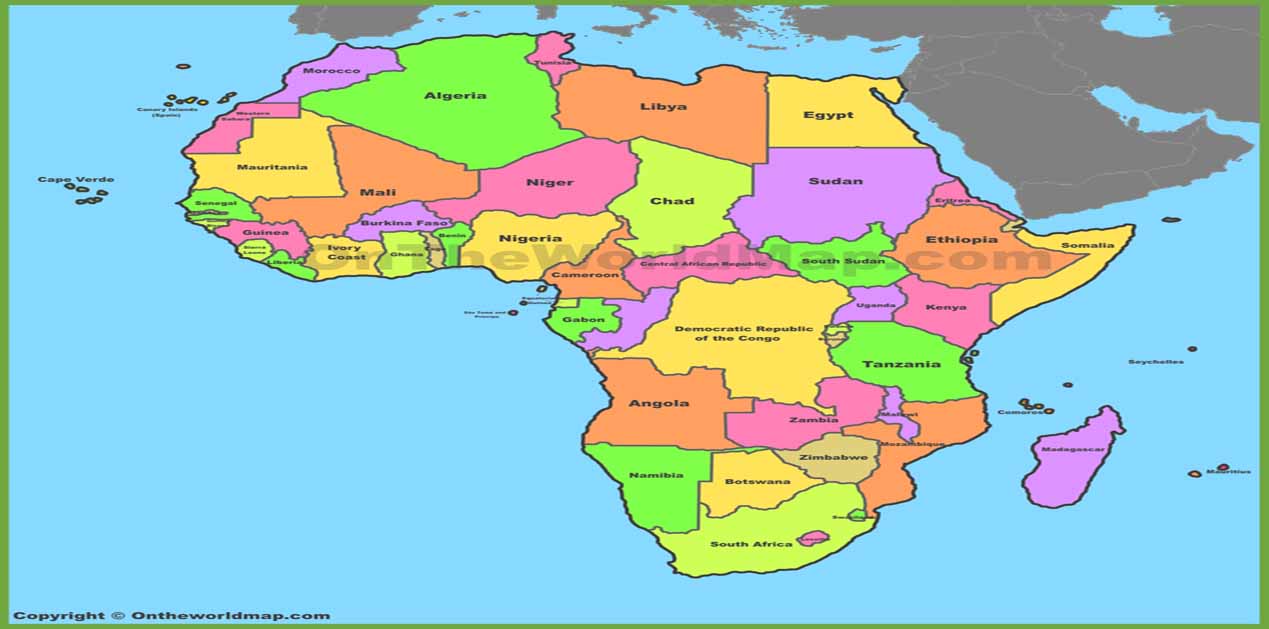The Western Indian Ocean has been a fertile ground for almost all maritime threats and challenges; and East African nations have struggled to keep up with the rapidly evolving security scenarios. While there are some notable exceptions, most military and civilian organisations in the region are poorly resourced to meet these challenges. This is where India has the potential for maritime cooperation and to emerge as a partner in the indigenous efforts towards resolving security issues of the Indian Ocean Region (IOR).
However, China’s infrastructure developments seeks to stymie the indigenous efforts of littoral states. To an onlooker, China appears to be building its maritime capacity in three specific categories, including fueling and logistic bases for peacetime use at Djibouti, Aden, and Salalah; fixed supply bases for warship berthing, fixed-wing reconnaissance aircraft and the naval bases ashore at Seychelles; and fully functional centers for replenishment, rest and large warship weapons maintenance at Gwadar in Pakistan.
India’s Role in the Maritime Security of East Africa
The geo-economic onslaught of China is here to stay and is a new normal. Under these circumstances, what are the options for India to retain its role as a net security provider in the Indian Ocean and to re-establish its credibility as a capable Navy amongst the East African nations? India needs to attempt a role-based functional approach for maritime cooperation in the region. Addressing the wide spectrum of maritime challenges of East Africa, ranging from piracy, illegal unrestricted unreported (IUU) fishing, illegal immigration, drug trafficking, to transnational crime, terrorism and environmental degradation, would require identification of critical gaps in training, skills, capacity, capability, technology and networking.
In the short-term the Chinese model would appear to be mutually beneficial for target governments, as economic benefits seem to outweigh the costs. However, long-lasting security initiatives have to be premised on mutual empowerment and indigenous solutions. This would require India to collaborate with African nations within their maritime security architectures and systems.
African Maritime Strategy
In 2012, the African Union (AU) adopted the 2050 African Integrated Maritime Strategy to address Africa’s maritime challenges. This effort represents an emerging policy shift from its ‘sea blindness’. The 2050 Strategy was built on earlier efforts, starting with the adoption in 2008 of a Regional Maritime Security Strategy by the Economic Community of Central African States (ECCAS), followed by the Southern African Development Community (SADC) Maritime Strategy in 2011, and the 2014 Economic Community of West African States (ECOWAS) Strategy. These strategies have been further operationalised through regional maritime codes of conduct, such as the Djibouti Code of Conduct (signed in 2009) and Yaoundé Code of Conduct (signed in 2013).
The Djibouti Code: Pillar for Maritime Security for East Africa
The Djibouti Code of Conduct has become the main security architecture instrumental for repressing piracy and armed robbery against ships in the western Indian Ocean and the Gulf of Aden. Its scope has now been significantly broadened to cover other illicit maritime activities including human trafficking and illegal, unreported and unregulated (IUU) fishing. To this effect, the Jeddah Meeting in January 2017 has adopted a revised Code of Conduct, known as the ‘Jeddah Amendment to the Djibouti Code of Conduct 2017’. The 12 out of 17 States who signed the amended Code were: Comoros, Djibouti, Ethiopia, Jordan, Madagascar, Maldives, Mozambique, Saudi Arabia, Seychelles, United Arab Emirates, United Republic of Tanzania and Yemen. The Jeddah Amendment has recognised the importance of the ‘blue economy’ including shipping, seafaring, fisheries and tourism in supporting sustainable economic growth, food security, employment, prosperity and stability. However, it has also expressed deep concerns about crimes of piracy, armed robbery against ships and other illicit maritime activities, in the Western Indian Ocean and the Gulf of Aden.
A key article of the Code urges the participants to develop and implement national strategies that generate revenue, employment and stability in the region. The Code also outlines the necessity of developing national maritime security policies and legislation in order to ensure safe and secure operation of port facilities, protection of the marine environment and sustainable management of marine living resources. With its immense capacity and experience, India could play a major role in assisting the East African nations in developing these maritime policies and organisations.
Linking IMO with Sub-regional Information Sharing Centers (ISCs)
The participatory States of Djibouti Code have agreed to work together, with the support from International Maritime Organisation (IMO) and other stakeholders, to build national and regional capacity to address wider maritime security issues. The IMO has entered into a partnership with the United States (US) AFRICOM in a shared project to link Maritime Situational Awareness (MSA) pictures to both military and civil agencies. This work is proving to be particularly effective and provides a Civil-Military Cooperation (CIMIC) approach to MSA whilst avoiding duplication of effort. There are plans to replicate the partnership for a number of regional States.
Under the Djibouti Code, three Information Sharing Centers (ISC) have been set up with nodes at Mombasa, Dar-es Salaam and Sanaa. India’s efforts to participate in maritime security can be further enhanced if it could align its capacity and capability building with the needs of these three ISCs, in addition to integrating with the initiatives of the IMO.
India’s Initiatives for Reinforcing East African Maritime Security
Peace and security has always remained the pre-condition for development. Over the years, the Indian Navy has developed strong interoperability with the East African marine forces. As the pirates and terrorists become more and more sophisticated, enhancement of maritime security in the EEZ of East Africa would require further enhancements of infrastructure, surveillance and interdiction capabilities.
With its immense capacity and experience, India could play a major role in assisting the East African nations in developing these maritime policies and organisations. However, these initiatives would find greater resonance only if India is able to integrate into the sub-regional security initiatives with the aim to reinforce the functionality of the three East African ISCs. India could also apply for an observer status in the Djibouti Code like Japan, Norway, United Kingdom and US. A partnership with IMO, in lines with US AFRICOM would also be an effectual way forward. This will lend greater credibility to India’s efforts towards maritime security of Indian Ocean and East Africa.
(Views expressed are of the author and do not necessarily reflect the views of the VIF)
Image Source: http://ontheworldmap.com/africa/africa-political-map.jpg











Post new comment